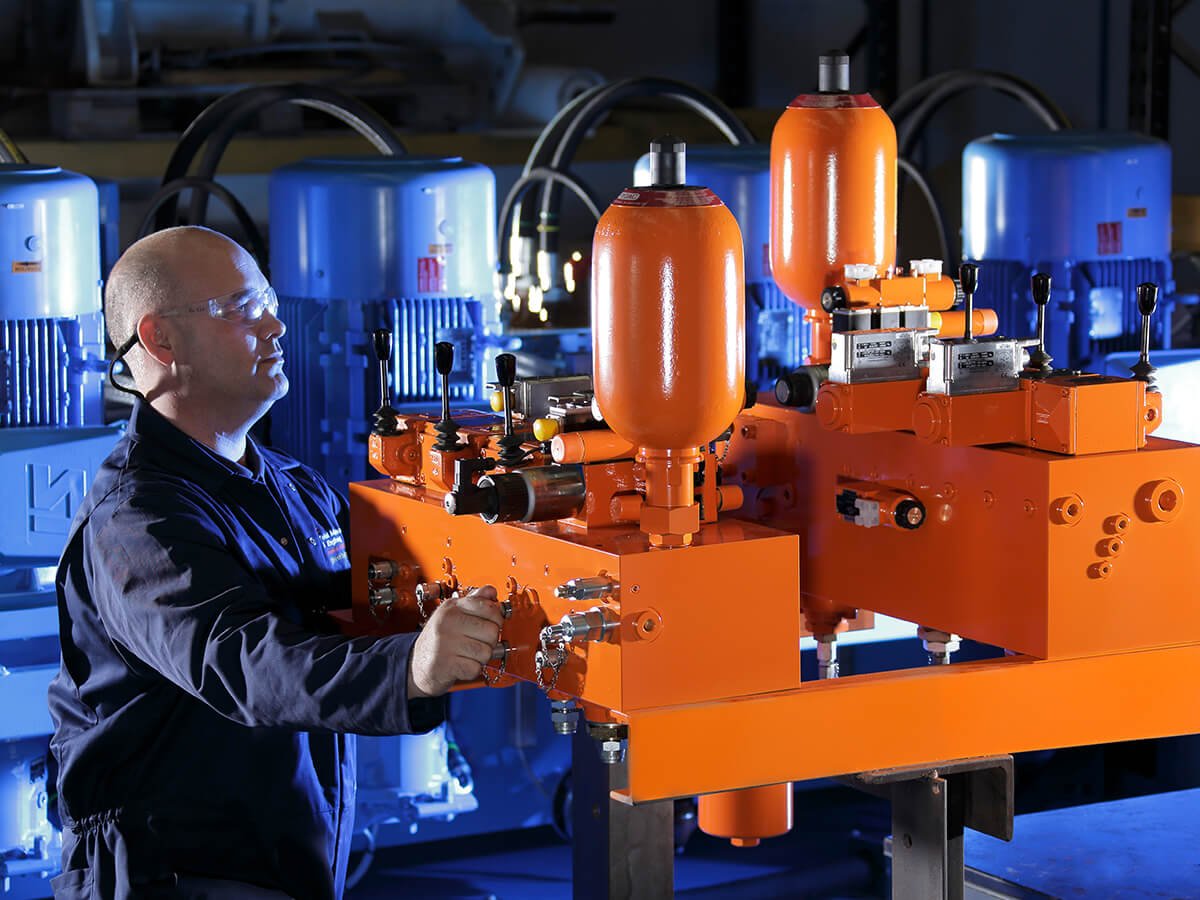
The M.Tech program in Hydraulic Engineering is designed to provide advanced education and specialized skills for individuals seeking expertise in the planning, design, and management of hydraulic structures and water resources. Tailored for graduates with a background in civil engineering, environmental engineering, or related disciplines, this program offers a comprehensive curriculum covering a spectrum of hydraulic engineering principles, water resources management, and sustainable infrastructure development. The core curriculum encompasses key areas such as Open Channel Hydraulics, River Engineering, Dam Design and Safety, Hydraulic Structures, and Hydroinformatics. These courses are meticulously structured to provide students with a deep understanding of the theoretical foundations and practical applications of hydraulic engineering. The program places a strong emphasis on addressing contemporary challenges in water resources, including flood control, sustainable water supply, and the integration of technology for efficient water management. Practical learning is a fundamental aspect of the M.Tech in Hydraulic Engineering. Students engage in hands-on experiences through laboratory work, hydraulic modeling, and field visits to hydraulic structures. State-of-the-art hydraulic engineering laboratories equipped with flumes, sediment transport facilities, and hydroinformatics tools provide students with the opportunity to apply theoretical concepts to real-world hydraulic scenarios. This practical exposure not only enhances technical skills but also fosters critical thinking, problem-solving abilities, and effective teamwork. Research opportunities are integrated into the program, allowing students to delve into innovative projects under the guidance of experienced faculty members. Specializations within hydraulic engineering, such as Coastal Engineering, Water Resources Systems, or Climate Change Impact on Hydrology, offer students the flexibility to tailor their studies based on their interests and career aspirations. Research experiences contribute to the advancement of knowledge in hydraulic engineering and prepare students for roles in research and development, water resource management agencies, or consulting firms. The program's elective courses offer further customization, enabling students to focus on specific aspects of hydraulic engineering, such as hydraulic modeling and simulation, sediment transport dynamics, or water quality management. Graduates of the M.Tech in Hydraulic Engineering are well-prepared for diverse career opportunities in water resource management, hydraulic infrastructure development, environmental consulting, and research institutions. The program's comprehensive curriculum, combined with practical experience and research exposure, ensures that graduates are equipped to contribute to the sustainable and resilient management of water resources and hydraulic systems.